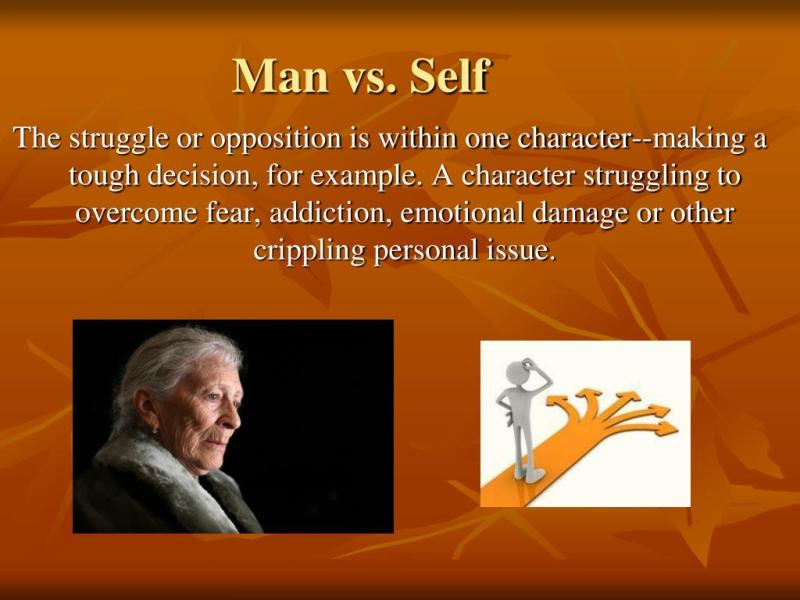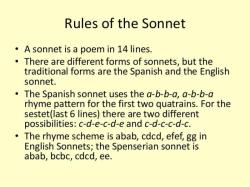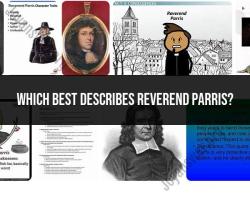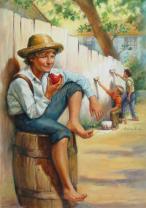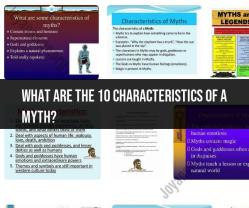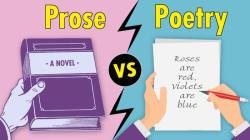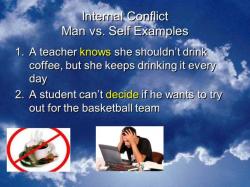What is man versus self?
In literature, "man versus self," also known as "character versus self" or "internal conflict," refers to a struggle that takes place within a character's mind. This type of conflict is often characterized by a character's grappling with their own thoughts, feelings, and motivations.
Common Themes in Man Versus Self Conflict
Identity Crisis: A character may be questioning their identity, their place in the world, or their purpose in life.
Moral Dilemmas: A character may be facing a difficult moral decision that forces them to confront their own values and beliefs.
Psychological Trauma: A character may be struggling with the effects of past trauma, which may manifest in anxiety, depression, or other psychological challenges.
Addiction or Compulsion: A character may be battling an addiction or compulsion that is causing them harm to themselves or others.
Self-Doubt and Insecurity: A character may be struggling with self-doubt and insecurity, which may prevent them from achieving their full potential.
Significance of Man Versus Self Conflict
Character Development: Man versus self conflict is crucial for character development, as it allows characters to grow and change throughout the story.
Reader Engagement: This type of conflict can be particularly engaging for readers, as it allows them to connect with the characters on a deeper level.
Universal Themes: Man versus self conflict often explores universal themes that resonate with readers across cultures and time periods.
Psychological Insight: This type of conflict can provide readers with insights into their own thoughts, feelings, and motivations.
Social Commentary: Man versus self conflict can also be used to explore social issues and make commentary on the human condition.
Examples of Man Versus Self Conflict in Literature
Hamlet (William Shakespeare): Hamlet's internal struggle over whether or not to avenge his father's murder is a classic example of man versus self conflict.
The Great Gatsby (F. Scott Fitzgerald): Jay Gatsby's relentless pursuit of wealth and status masks a deeper yearning for acceptance and love.
Jane Eyre (Charlotte Brontë): Jane Eyre's struggle to reconcile her strong moral compass with her desire for love and companionship is a compelling example of internal conflict.
Crime and Punishment (Fyodor Dostoevsky): Rodion Raskolnikov's internal struggle with guilt and remorse after committing murder is a profound exploration of the human psyche.
The Catcher in the Rye (J.D. Salinger): Holden Caulfield's alienation from society and his search for authenticity reflect the internal conflict of a young man grappling with adulthood.
Man versus self conflict is a powerful tool that authors can use to create complex, relatable, and engaging characters. By exploring the inner struggles of their characters, authors can provide readers with insights into the human condition and the challenges we all face in life.
What is meant by the term "Man versus Self" in the context of narrative and storytelling?
"Man versus Self" is a literary and storytelling conflict where a character faces internal struggles, dilemmas, or inner demons that are often psychological or emotional in nature. In this narrative conflict, the primary antagonist or obstacle is the character's own thoughts, emotions, beliefs, or moral choices.
How does the internal struggle of a character against themselves create dramatic tension and character development?
The internal struggle of "Man versus Self" creates dramatic tension by delving into the complexity of human nature and psychology. It heightens the emotional stakes and engages the audience by making them empathize with the character's internal battles. As characters confront their own fears, flaws, or conflicting desires, it leads to character development as they evolve, learn, and grow. This struggle provides depth and authenticity to their journeys.
Why is the "Man vs. Self" conflict considered a fundamental element of storytelling?
The "Man vs. Self" conflict is considered fundamental in storytelling because it reflects the universal human experience. It explores the inner conflicts, dilemmas, and moral choices that people face in their lives. By portraying characters' internal struggles, storytellers can create relatable and compelling narratives that resonate with the audience's own personal experiences, making the story more emotionally engaging and thought-provoking. This conflict allows for the exploration of complex themes and character arcs, enriching the storytelling experience.
